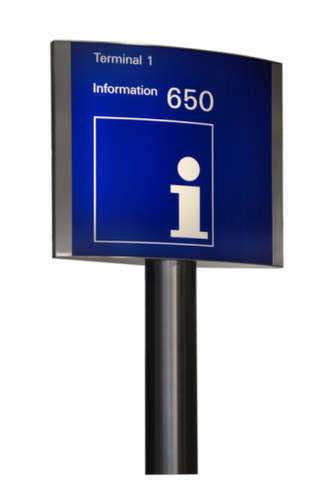Modern African Diaspora
Understanding the Modern African Diaspora
The modern African diaspora refers to the dispersal of African people beyond the African continent during the modern period of European colonialism and the transatlantic slave trade. The diaspora has resulted in the existence of significant African-descended populations in various regions of the world.
History of the Modern African Diaspora
The modern African diaspora began with the transatlantic slave trade, which transported an estimated 12 million Africans from West and Central Africa to the Americas between the 16th and 19th centuries. Many of these enslaved Africans were forced to work on plantations in the Caribbean and South America, while others were brought to North America.
After the abolition of slavery, many African Americans migrated northward in search of better economic opportunities, leading to the formation of significant African American populations in cities such as Chicago, Detroit, and New York.

In more recent times, African immigration to other regions of the world has increased, with significant African populations now found in Europe, the Middle East, and Asia.
Cultural Impact of the Modern African Diaspora
The modern African diaspora has had a significant impact on the cultures of the regions where African-descended populations reside. In the Americas, African cultural practices such as music, dance, and cuisine have become integral parts of the cultural landscape.
In Europe, the Middle East, and Asia, African immigrants have brought their cultures with them and have contributed to the development of new cultural expressions that incorporate both African and regional cultural elements.
📝 See Also
Issues Facing the Modern African Diaspora
African-descended populations around the world continue to face significant challenges, including discrimination, economic and social marginalization, and political disenfranchisement.
In the United States, issues such as police brutality and the persistent racial wealth gap highlight the ongoing effects of racism and systemic inequality on African Americans.
In Europe, Middle Eastern, and Asian countries, African immigrants face discrimination in accessing education and employment opportunities, and are often subject to negative stereotypes and xenophobia.
Conclusion: Moving Forward for the Modern African Diaspora
Despite the challenges faced by the modern African diaspora, there are ongoing efforts by communities and organizations to address issues of inequality and discrimination. These efforts include advocating for policy changes, promoting cultural awareness and understanding, and supporting economic development initiatives in African communities.
Moving forward, it is important to continue to work towards creating a more equitable society for African-descended populations around the world, and to celebrate the diverse cultural contributions of the modern African diaspora.
While the Jewish diasporadiasporaIn the rapid decolonization of Africa in the 1950's and subsequent formation of nations, though, yet more internal migration was conducted, but for different reasons. Without colonial oversight, many fledgling African countries experienced periods of instability. This is almost to be expected, though, as a country or other territory with a colonial heritage is bound to represent people of different racial backgrounds and ideologies.
In response, Amnesty International and other non-governmental organizations have assisted in the internal migration of many to refugee camps. Unfortunately, these refugee camps are far from a permanent solution, and with the Darfur situation as well as the African continent as a whole, there is always the risk that more grounds for outside intervention will arise.